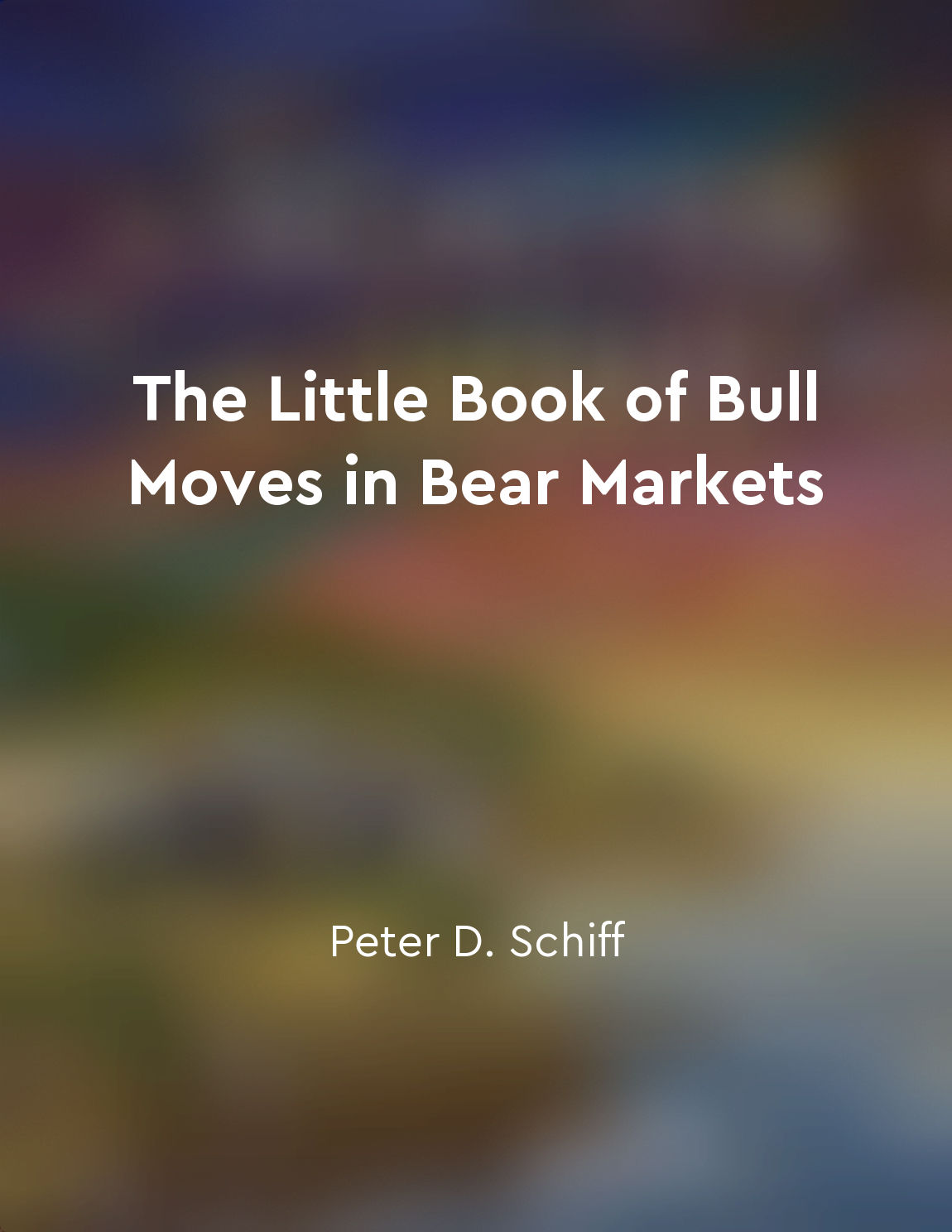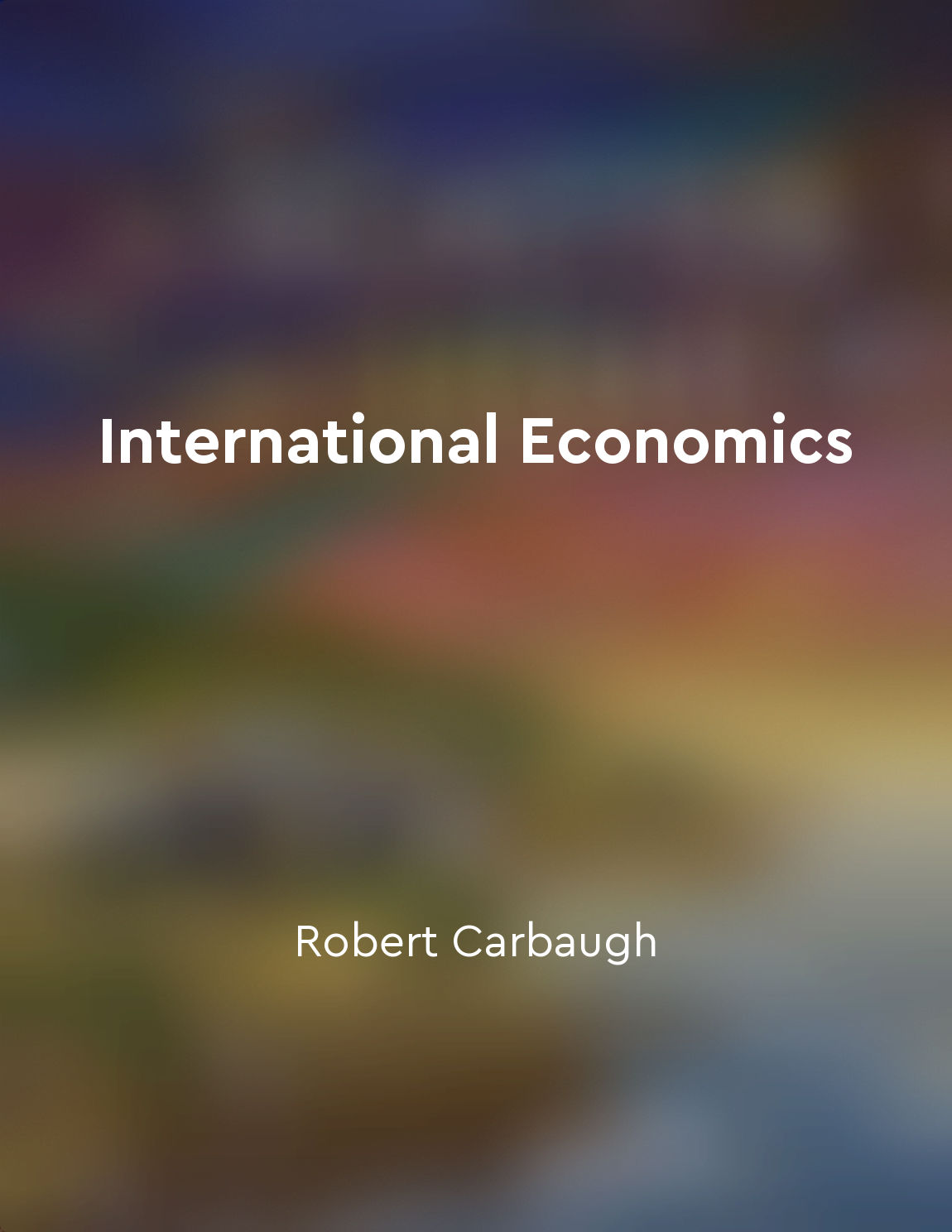Exchange rate regimes vary from fixed to floating systems from "summary" of International Financial Management, Abridged Edition by Jeff Madura
Exchange rate regimes refer to the system used by a country to determine the value of its currency in relation to other currencies. The two main types of exchange rate regimes are fixed and floating systems. In a fixed exchange rate system, the government or central bank sets the value of the currency in relation to a reference currency or a basket of currencies. This fixed rate is maintained through interventions in the foreign exchange market by buying or selling currencies to keep the exchange rate within a narrow band. On the other hand, a floating exchange rate system allows the value of the currency to be determined by market forces of supply and demand. In this system, the exchange rate fluctuates based on factors such as inflation, interest rates, economic growth, and geopolitical events. The government or central bank does not intervene in the foreign exchange market to influence the value of the currency. The choice between a fixed or floating exchange rate regime depends on various factors such as the country's economic stability, inflation rate, trade balance, and exchange rate volatility. Fixed exchange rate systems are often used by countries with a history of high inflation or currency depreciation to provide stability and boost investor confidence. However, maintaining a fixed exchange rate can be challenging and may require significant reserves of foreign currency to support the currency's value. On the other hand, floating exchange rate systems offer more flexibility and allow the currency to adjust to market conditions. This can help countries with strong economic fundamentals to absorb external shocks and maintain competitiveness in international trade. However, floating exchange rates can also lead to currency volatility, which may impact trade and investment decisions. In practice, many countries use a combination of fixed and floating exchange rate systems known as a managed float. In this system, the government or central bank may intervene in the foreign exchange market to smooth out fluctuations in the exchange rate or achieve specific policy objectives. This hybrid approach allows for some degree of flexibility while also providing a level of stability to the currency.- The choice of exchange rate regime is an important decision for policymakers as it can have significant implications for a country's economy, trade competitiveness, and financial stability. By understanding the differences between fixed and floating exchange rate systems, policymakers can make informed decisions to manage currency risk and support economic growth.
Similar Posts

Investment decisions influenced by macroeconomic conditions
Investment decisions are not made in isolation. They are influenced by a variety of macroeconomic conditions that shape the ove...

Investment drives economic development
Investment is a critical driver of economic growth and development. When individuals or businesses invest in new projects or ve...
Economic growth leads to increases in standards of living
When an economy experiences economic growth, it means that the economy's total output of goods and services is increasing over ...

Real assets like real estate can also be a safe haven during bear markets
It's important to remember that when the stock market is heading south, real assets like real estate can provide a safe haven f...
International trade allows countries to specialize in producing goods they are efficient at making
International trade plays a crucial role in allowing countries to focus on producing goods that they are best at making. This c...

Trade barriers hinder the flow of goods and services
Trade barriers, such as tariffs and quotas, can significantly impede the movement of goods and services across borders. These b...
Currency manipulation can lead to trade tensions
Currency manipulation involves a country intentionally devaluing its currency to gain a competitive advantage in international ...
Government policies can mitigate the impact of business cycles
Government policies play a crucial role in managing the impact of business cycles on the economy. During periods of economic ex...
Remain adaptable to changing market conditions
To succeed in the foreign exchange market, it is crucial to be flexible and responsive to the ever-changing dynamics of the mar...
Economic principles can help individuals make informed decisions
Economic principles provide a framework for understanding the forces that shape the world around us. By grasping these principl...


